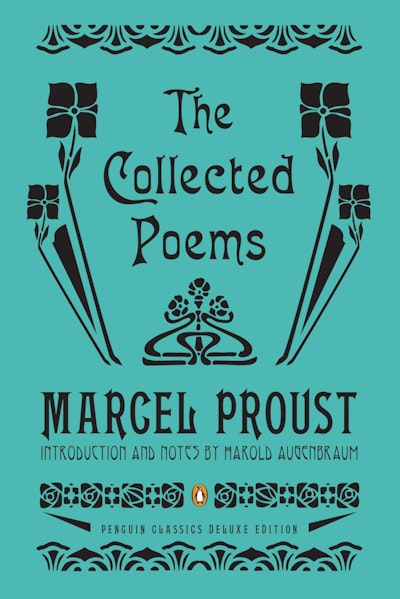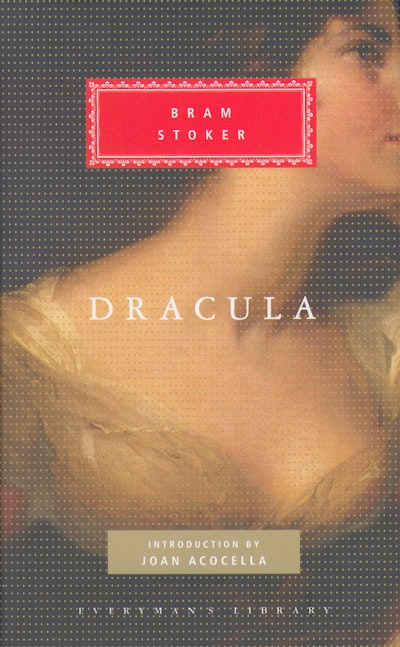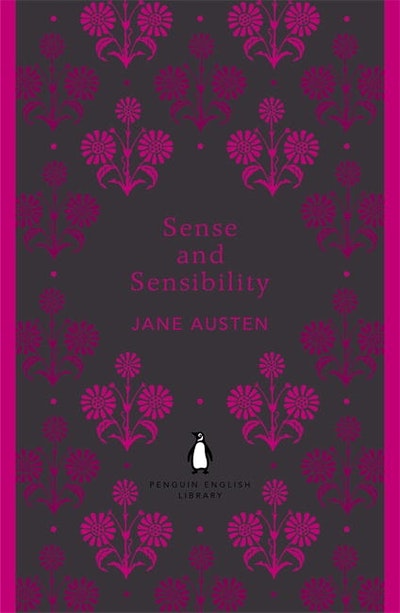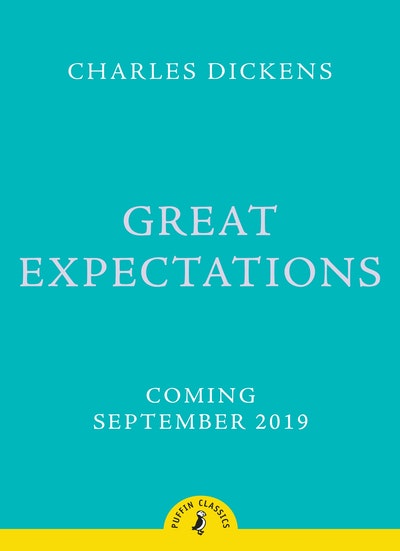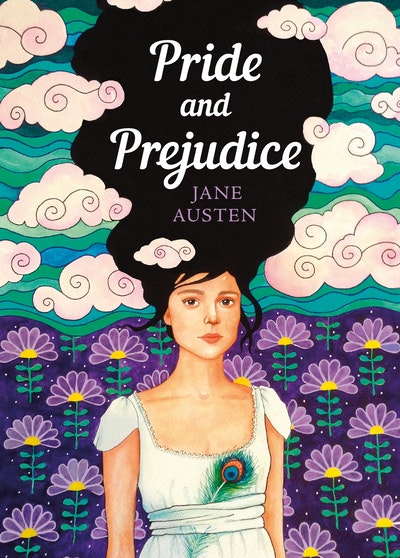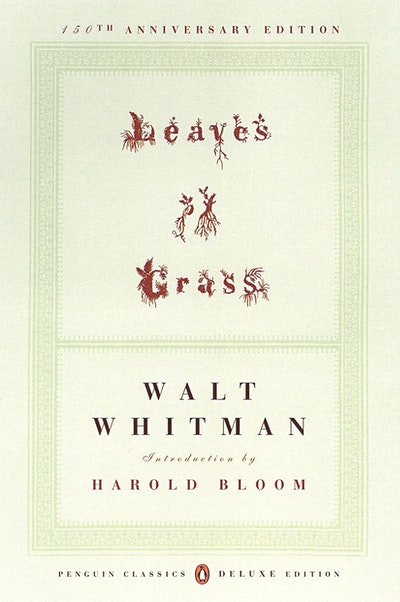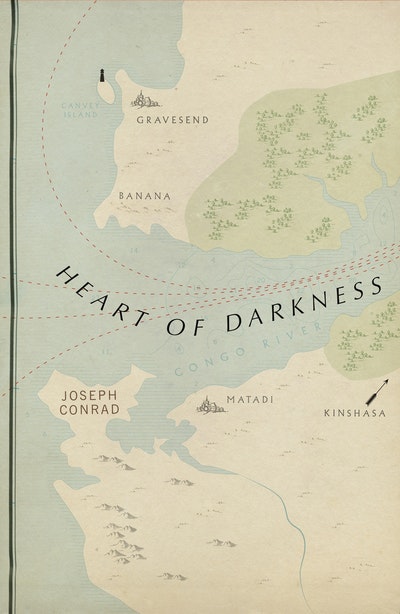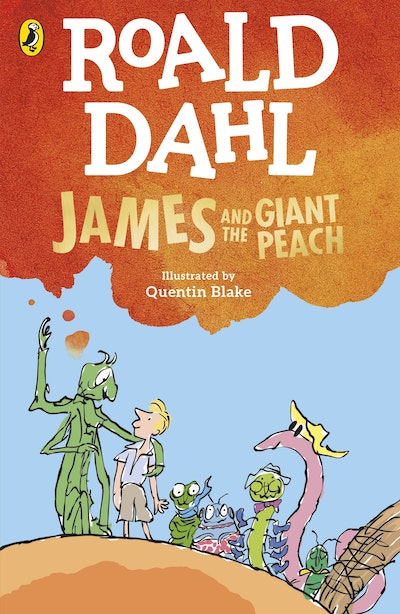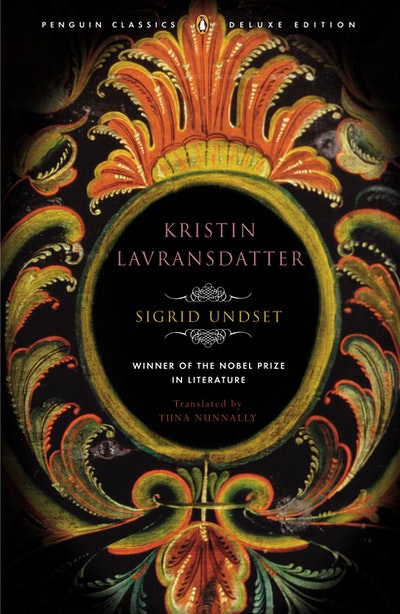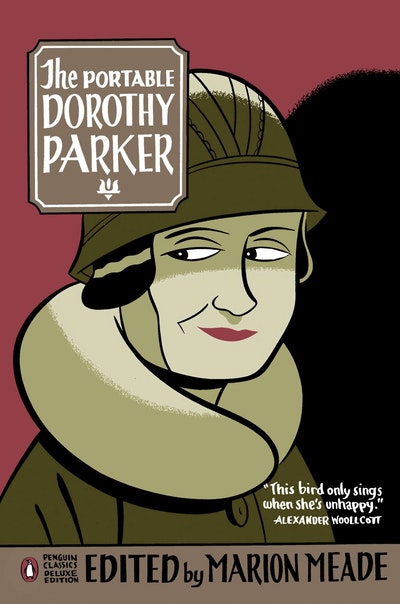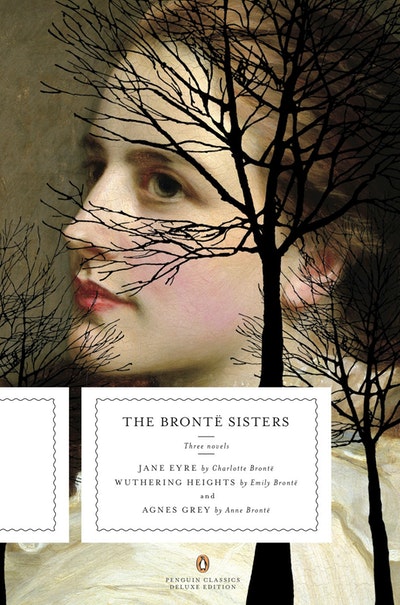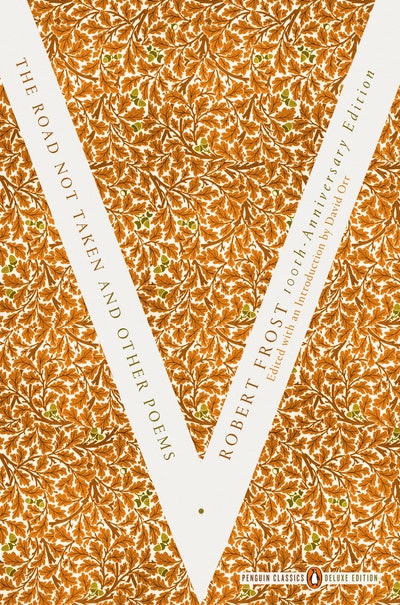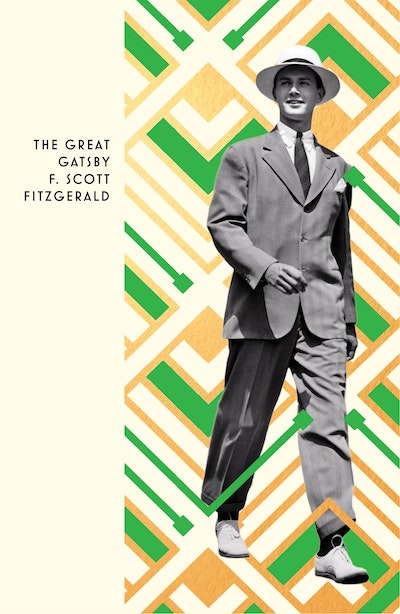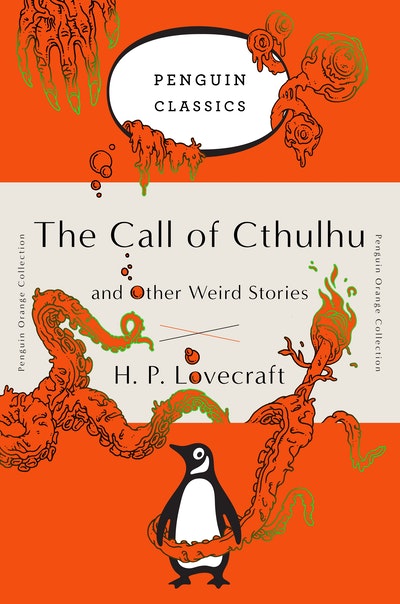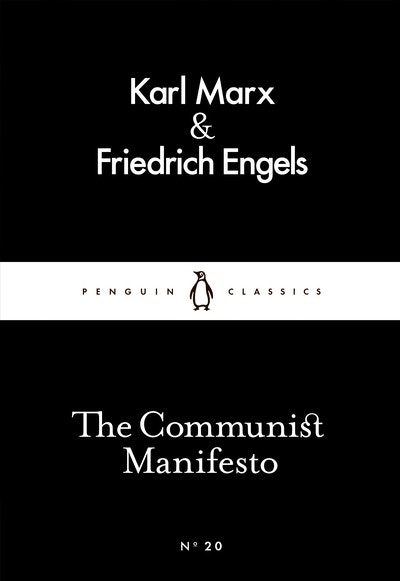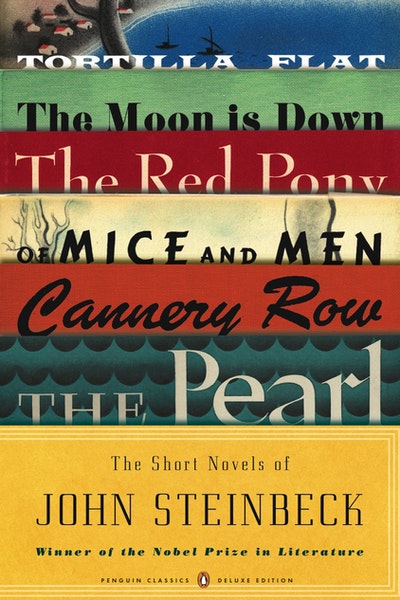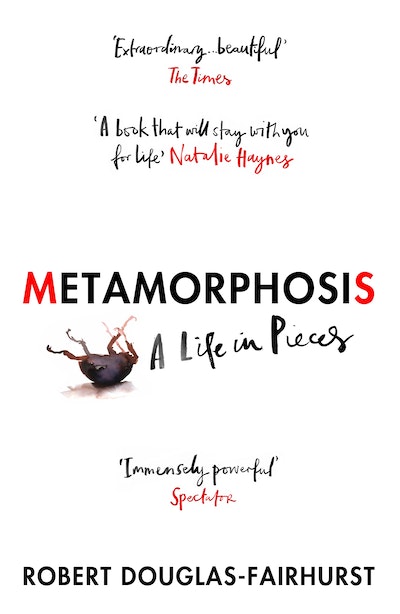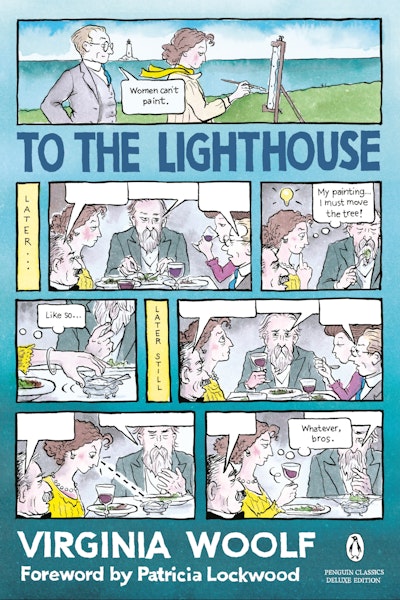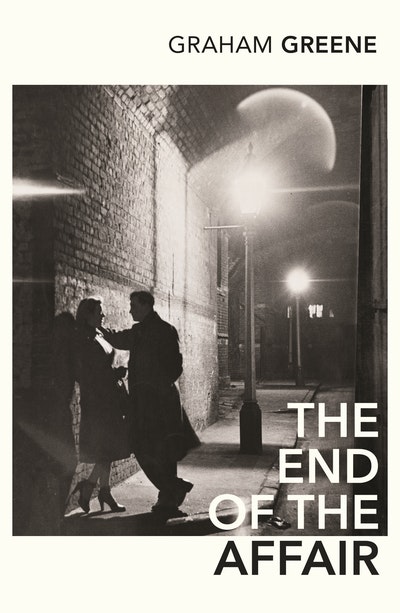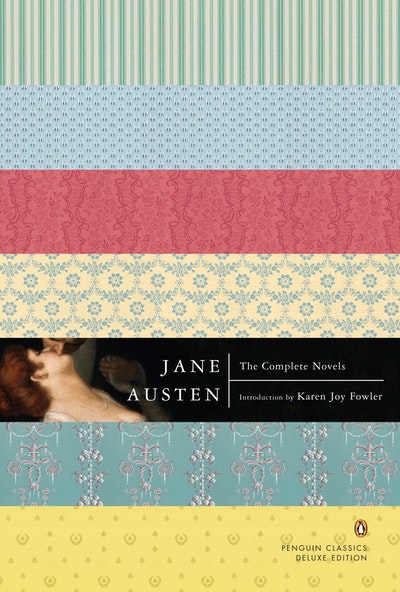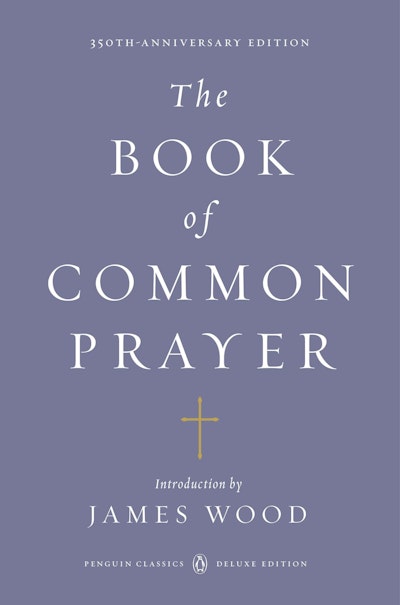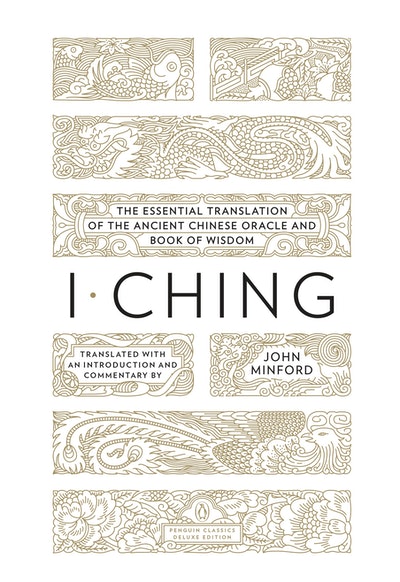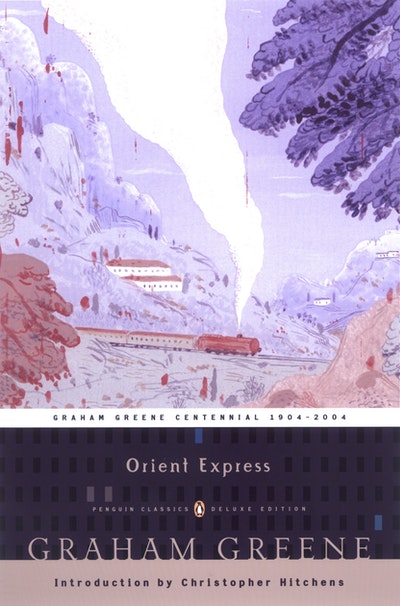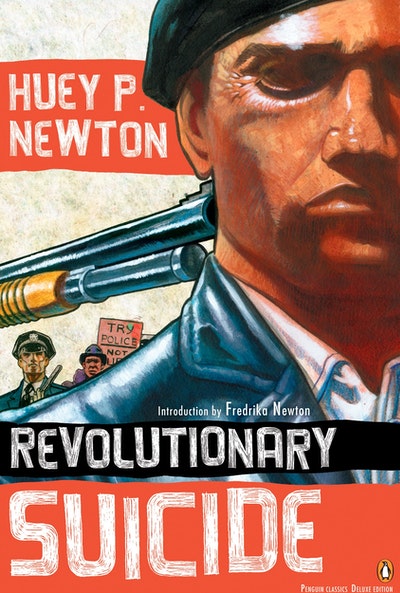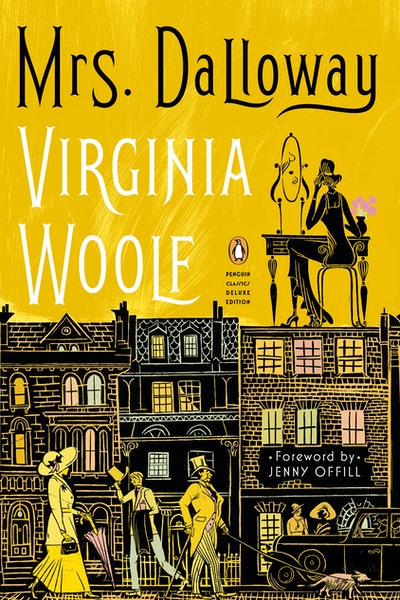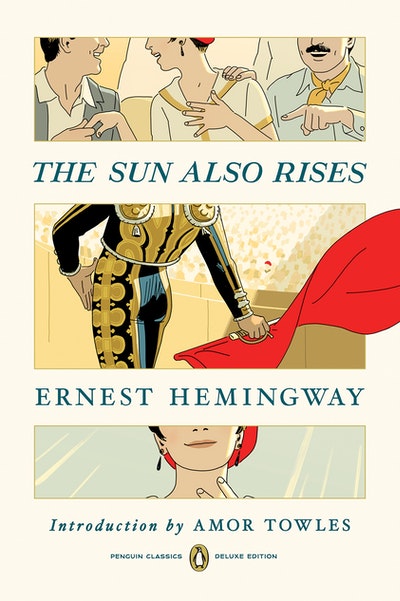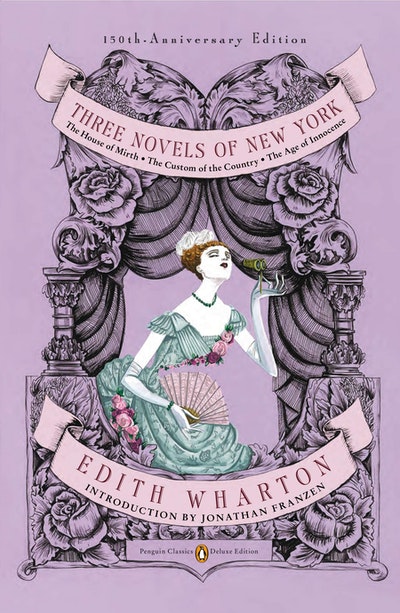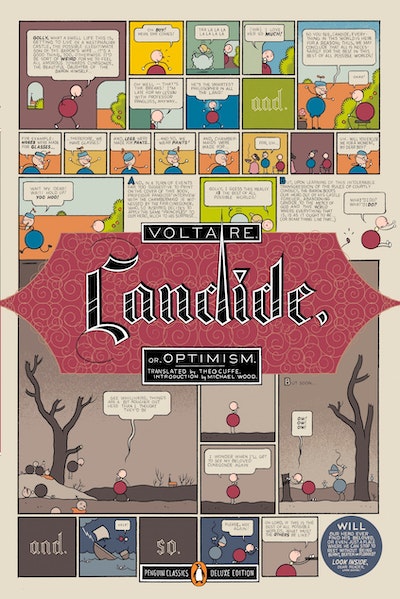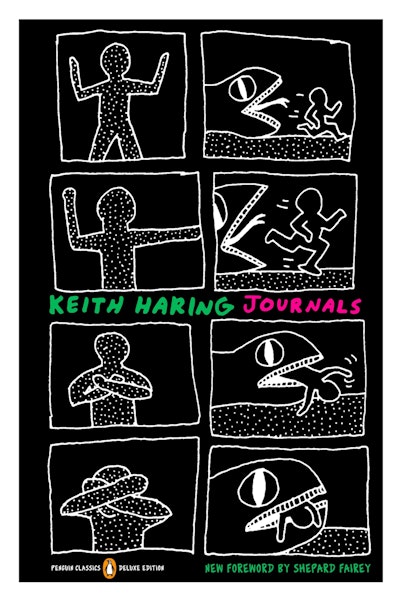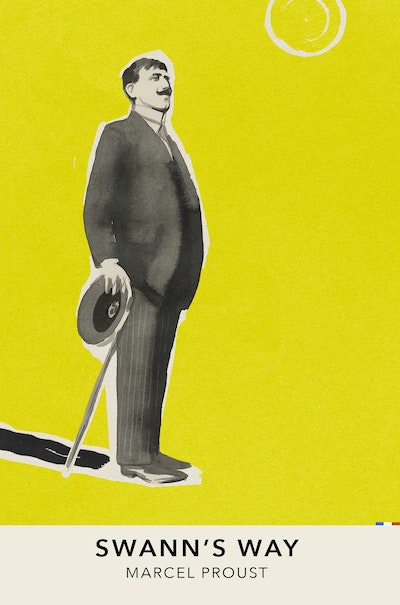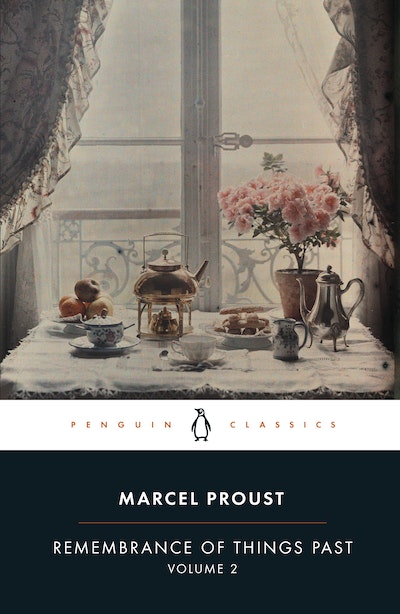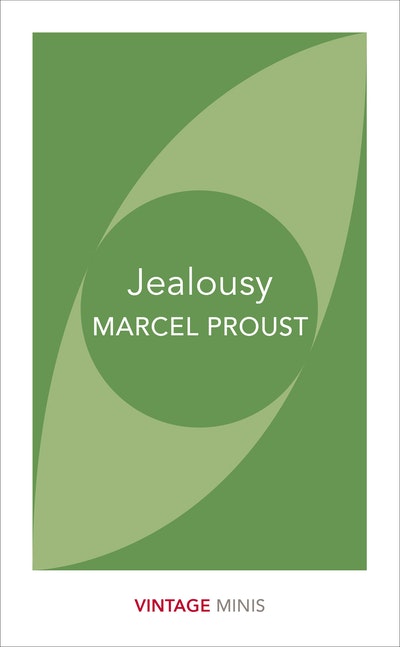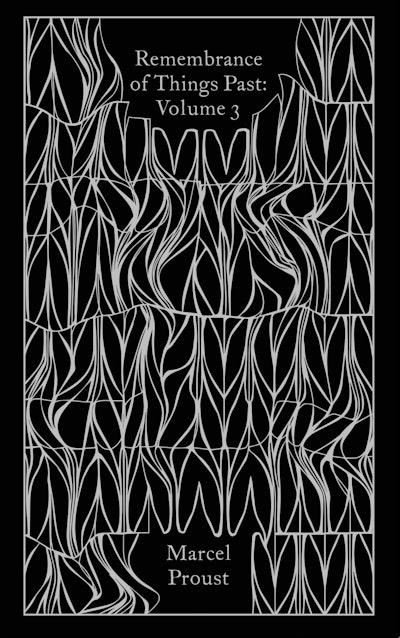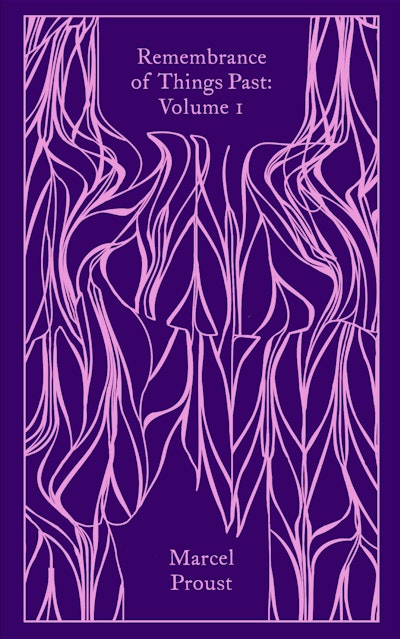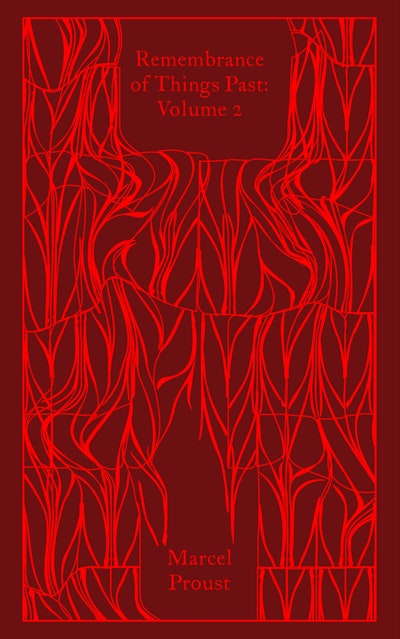The Collected Poems
The most complete volume of Proust's poetry ever assembled.
For the centennial of Swann's Way: the most complete volume of Proust's poetry ever assembled, in a gorgeous deluxe edition
As a young man, Proust wrote both poetry and prose. Even after he embarked on his masterful In Search of Lost Time at the age of thirty-eight, he never stopped writing poetry. His verse is often playful, filled with affection and satire, and is peppered with witty barbs at friends and people in his social circle of aristocrats, writers, musicians, and courtesans.
Few of the poems collected here under the editorship of Harold Augenbraum, founder of the Proust Society of America, have ever been published in book form or translated into English until now. In this dual-language edition of new translations, Augenbraum has brought together nineteen renowned poets and poetry translators to bring Proust's exuberant verse back to life.
For more than sixty-five years, Penguin has been the leading publisher of classic literature in the English-speaking world. With more than 1,500 titles, Penguin Classics represents a global bookshelf of the best works throughout history and across genres and disciplines. Readers trust the series to provide authoritative texts enhanced by introductions and notes by distinguished scholars and contemporary authors, as well as up-to-date translations by award-winning translators.
Other books in the series
About the author
Marcel Proust was born in Auteuil in 1871. In his twenties he became a conspicuous society figure, frequenting the most fashionable Paris salons of the day. After 1899, however, his suffering from chronic asthma, the death of his parents and his growing disillusionment with humanity caused him to lead an increasingly retired life. He slept by day and worked by night, writing letters and devoting himself to the completion of A la recherche du temps perdu. He died in 1922 before publication of the last three volumes of his great work.
Marcel Proust was born in Auteuil in 1871. His father, an eminent Professor of Medicine, was Roman Catholic and his mother was Jewish, factors that were to play an important role in his life and work. He was a brilliant, very literary schoolboy, and later a half-hearted student of law and political science. In his twenties he became an assiduous society figure, frequenting the most fashionable Paris salons of the day. During this period he published a volume of sketches and stories, Les Plaisirs et le jours, and between 1895 and 1900 wrote a novel, Jean Santeuil, which was in many ways a first draft for his masterpiece À la recherche du temps perdu. After 1899 his chronic asthma, the death of his parents and his growing impatience with society caused him to lead an increasingly retired life.
In the early 1900s he produced celebrated literary pastiches and translations of Ruskin, The Bible of Amiens and Sesame and Lilies and it was during this period that he wrote Contre Sainte-Beuve, although it was not published until 1954. From 1907, he rarely emerged from a sound-proofed room in his apartment on the Boulevard Hausmann in Paris, in order to insulate himself against the distractions of city life as well as the effect of the trees and flowers which he loved but which brought on his attacks of asthma. He slept by day and worked by night, writing letters and devoting himself to the completion of À la recherche du temps perdu. He died in 1922 before the publication of the last three books of his great work. With À la recherche du temps perdu Proust attempted the perfect rendering of life in art, of the past recreated through memory. It is both a portrait of the artist and a discovery of the aesthetic by which the portrait is painted, and it was to have an immense influence on the literature of the twentieth century.
Praise for The Collected Poems
"No doubt anyone with an interest in Marcel Proust will be grateful for Penguin's new dual language edition of The Collected Poems, incisively edited by Harold Augenbraum and drawing on the work of 20 translators. But devotees of David Foster Wallace, Jorge Luis Borges, Julio Cortazar, Jean Rhys -- even Kenneth Burke -- will also be enthralled: if an infinite book has no beginning or end, then surely this is one. Augenbraum's introduction and hugely entertaining notes help make the volume at least three books, really. Palimpsest or holographic to the poems, Augenbraum's given us a biography of Proust as well as an engrossing cultural history, a cubist portrait of the writer's milieu and his most intimate friendships. [ ...] All along the book has been a network of boulevards and gardens, cross streets and alleys, and we are flaneurs, flaneuses, wandering once more through Proust's youth, roaming through the middle of the text again, and we find there much worth discovering, much worth remembering." —John Hennessey, Huffington Post
